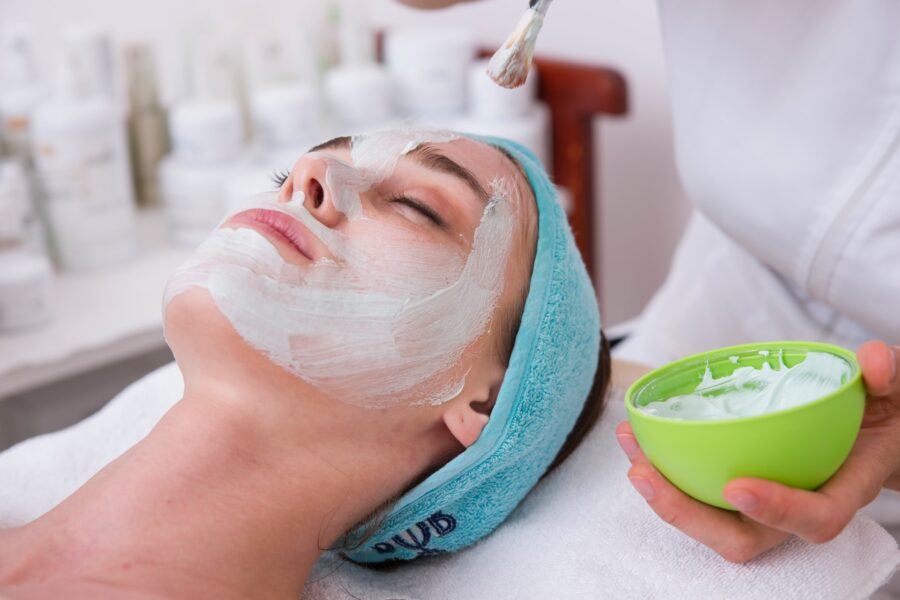There are several types of salon ownership, each offering different levels of control, responsibility, and financial investment. Here are the main types:
1. Sole Proprietorship
Challenges: High personal liability, full responsibility for the business’s success.
Description: The salon is owned and operated by one person. The owner has full control over the business, makes all the decisions, and is responsible for all profits and losses.
Advantages: Full control, all profits go to the owner.

2. Partnership
- Description: The salon is owned by two or more individuals who share responsibilities, profits, and liabilities.
- Advantages: Shared responsibility and investment, multiple perspectives for decision-making.
- Challenges: Potential disagreements, shared profits, and shared liability.
3. Franchise
Challenges: High initial investment, ongoing franchise fees, limited creative control.
Description: A franchisee buys the rights to open and operate a salon using an established brand’s name, business model, and guidelines.
Advantages: Established brand recognition, marketing support, and a proven business model.
4. Commission-Based Salon
- Description: The salon owner hires stylists or other professionals who are paid a commission based on their services.
- Advantages: Owners can focus on business management, lower payroll risk since payments are based on sales.
- Challenges: Maintaining staff motivation, balancing salon revenue and commission rates.

5. Booth Rental/Chair Rental
- Description: The salon owner rents out chairs or booths to individual stylists or professionals, who are essentially independent contractors.
- Advantages: Less financial risk for the owner, steady rental income.
- Challenges: Less control over staff behavior and salon atmosphere, potentially less profit.
6. Salon Suite Ownership
Challenges: Requires a strong client base, costs of renting or owning a suite.
Description: Stylists or beauty professionals rent out private suites within a larger salon facility, allowing them to operate as independent business owners.
Advantages: High level of autonomy for each professional, less responsibility for the owner than traditional salon ownership.

7. Mobile Salon
- Description: The salon owner operates a mobile business, offering salon services at clients’ homes or other locations using a specially outfitted vehicle.
- Advantages: Lower overhead costs, flexible service locations, growing demand.
- Challenges: Travel logistics, fewer clients served at a time, vehicle maintenance costs.
8. Salon Co-Op
- Description: A cooperative salon where a group of professionals share ownership and work together to manage and run the business.
- Advantages: Shared decision-making, lower individual investment, collective responsibility.
- Challenges: Coordination among multiple owners, potential for conflict.

